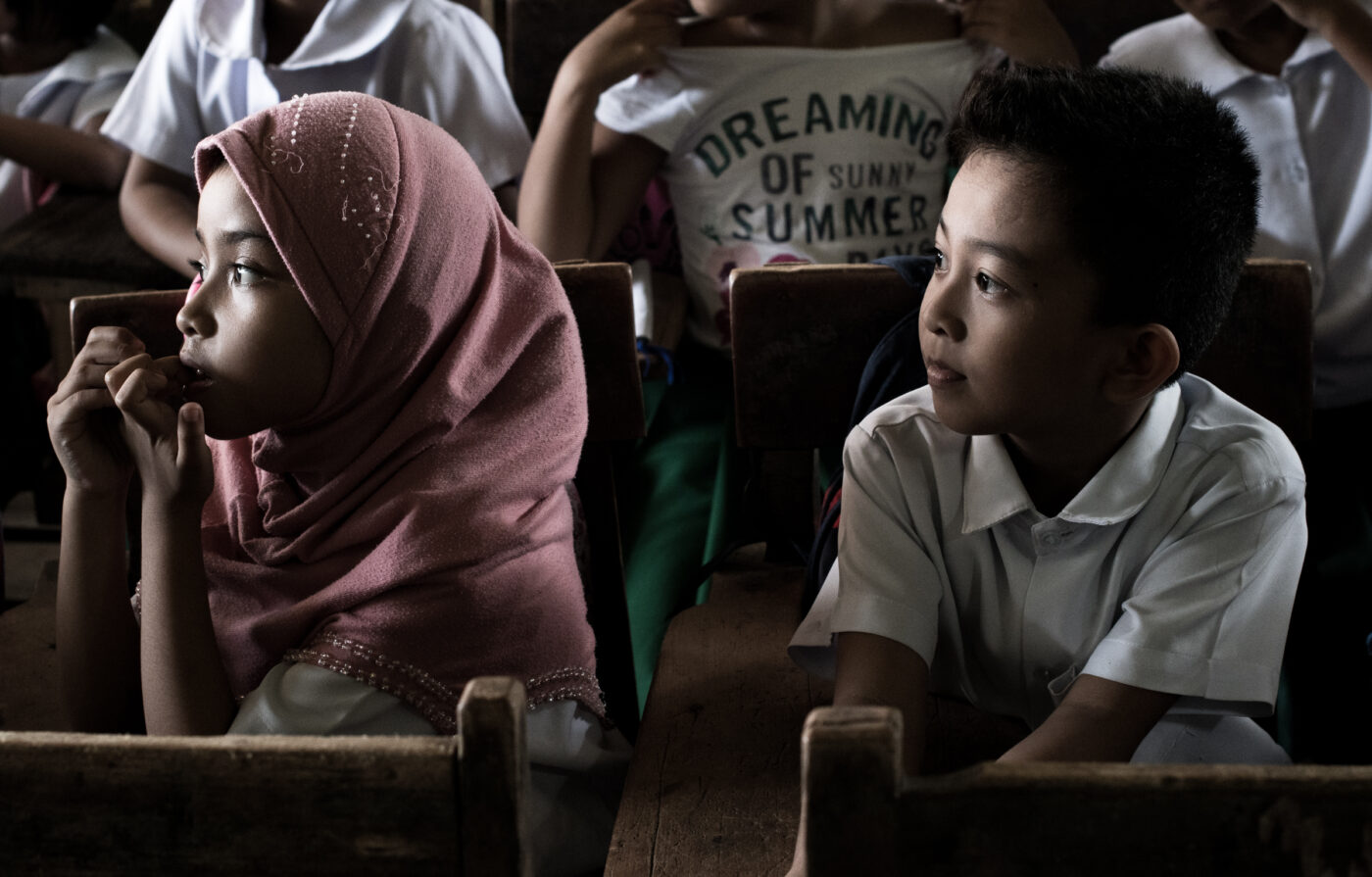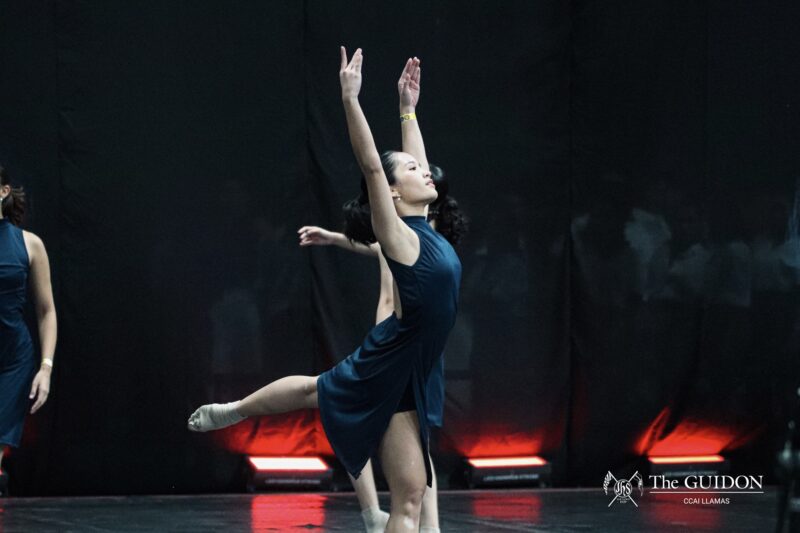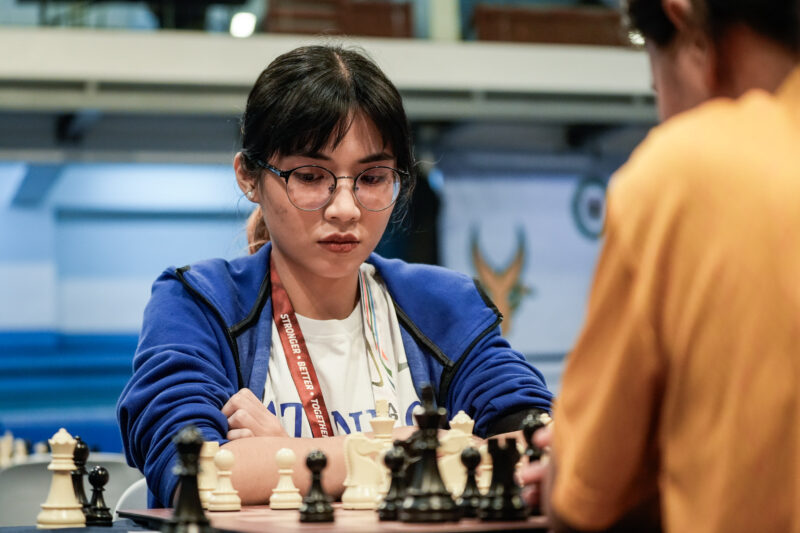CHRISTIANS IN Muslim Mindanao face a rather unique situation.
Although part of the national majority, Christians find themselves outnumbered in the Moro homeland. As of the 2010 census, there were at least 2.97 million Muslims in the Autonomous Region in Muslim Mindanao (ARMM), or more than 91% of the population that year.
The area has become a historical flashpoint for religious strife and sectarian violence dating back to the colonial era. During this period, Spanish conquistadors, and later American troops, engaged in bloody campaigns in a bid to wrest control of the region.
Christian migrants from Luzon and Visayas were also encouraged to resettle the “promised land.” At the start of American rule in the 20th century, Mindanao was 98% Muslim. By 1976, the number had dropped to 40%.
The breaking point, however, was the 1968 Jabidah Massacre. Moro soldiers who were preparing to retake Sabah from the Malaysians were allegedly massacred in Corregidor in an attempt to cover up the project. This inflamed Moro nationalists, who formed the Moro National Liberation Front (MNLF), and later on, the more religiously-inclined Moro Islamic Liberation Front (MILF).
Religious harmony
But despite their tumultuous past, Christians and Moros today coexist peacefully in communities across Mindanao.
“Kahit sabi nila maraming mga conflict dito, we are living in harmony (Contrary to what people say, we are living in harmony),” says Lamitan Mayor Rose Furigay, who is the Christian mayor of Basilan’s capital.
According to Furigay, Lamitan owes its diversity to its role as a trading hub for the region. “Here in Lamitan City, it is considered a melting pot. Parang pumupunta dito ‘yung mga taga-ibang sitio, and sila ay may iba’t ibang mga religion, iba’t ibang mga tribe, dito para sa market. (People from other villages, with differing religions and tribe affiliations travel here to trade in the market),” she says.
In an interview with The GUIDON, Darwin Absari, a senior lecturer at the University of the Philippines-Diliman Institute of Islamic Studies, says that due to a shared experience as citizens of the Bangsamoro region, there is generally a culture of cooperation between Muslims and Christians.
“It’s actually from the outside point of view, especially those who have not gone to the ground, where we see the relationship as something not really good. But when you go down there, people are really in peaceful coexistence with each other,” he says.
However, Absari says that recent events in Marawi and the declaration of martial law have incited tensions between the two groups. “Of course, with this war, ‘yung inherent na hatred against each other ay medyo naha-highlight, but at the end of the day, all these are challenges that would motivate them to even come together and promote camaraderie,” he says.
“So ‘yung galit, parang artificial na lang (So the hatred is only artificial),” he adds.
Bangsamoro hopes
All eyes are on the latest draft of the Bangsamoro Basic Law to bring peace to the troubled region. The Bangsamoro Transition Commision (BTC) sent a revised draft of the Bangsamoro Basic Law (BBL) to President Rodrigo Duterte on July 18, a few days before his second State of the Nation Address.
The BBL emerged out of the several peace talks between the government and the MILF. Its purpose is to create an autonomous Bangsamoro Region that is largely composed of the territory currently known as the ARMM. This bill includes provisions for the self-governance of the Bangsamoro in the fields of economics, politics, and law.
The BTC is itself composed of a multisectoral group of Muslims, Christians, and Lumad, the collective name for Mindanao’s indigenous peoples. The 21-member commission is comprised of ten representatives appointed by the national government and 11 representatives from the MILF. The multisectoral approach allows for minorities and Muslims to have a say in the future of the region.
“It has always been that way, even during the time of the early struggle of the MNLF. For example, how they defined ‘Moro’ was a [tribe] which included the Lumads, the Christians, and the Muslims. So, the thing about the BBL and any other peace process that has been discussed in the previous years, it’s not just about the Muslims. It’s about those who are living in Mindanao, whether they are Lumads, Christians, or Muslims,” says Absari.
Although non-Muslims will have to abide by the laws of the Bangsamoro government, they will not have to follow the more Islamic aspects of the law.
“I think the most important thing to highlight is that even though the Moros will be given under BBL their own, what we call state…both Muslim and Christian Filipinos in that particular region still will adhere to the present governing Philippine Constitution,” he says.
The BBL establishes some aspects of Sharia Law, such as the rules governing inheritance, divorce, and marriage, but these will only apply to Muslim communities. For Christians and other communities, the secular courts will preside over the law.
“In Islam, there is no compulsion in religion,” Absari says.
A path forward?
In the meantime, Mindanaoans are reeling from the cost of the terrorist attacks in Marawi and the declaration of martial law. They are split over the government’s military response to the terrorist threat.
For Furigan, martial law has been beneficial towards the resolution of the present conflict, and has helped maintain peace and order in Lamitan. “In light of the declaration of Martial Law here in Mindanao, particularly in Lamitan…we have the peace and order…may cooperation ang mga barangay [with the national government],” she says.
Even Marawi City Mayor Majul Usman Gandamra says that martial law is necessary to counter the attacks of terrorists. “With the declaration of martial law wala kaming opposition except that kailangan natin i-respeto ang karapatang pantao ng mga mamamayan (We do not have any opposition to this except that the government should respect the human rights of its citizens),” he says.
But several quarters in Mindanao have expressed opposition to martial law, saying it will unnecessarily escalate the conflict and lead to a wider humanitarian crisis. Others have also cited the trauma caused by Martial Law under the Marcos Regime. Human rights violations have also been reported during the first 60 days of martial law in Mindanao.
With Congress approving the extension of martial law in Mindanao, the government has until the end of the year to restore stability to the troubled region. Mindanaoans will be waiting to see if peace will finally come to their land.




